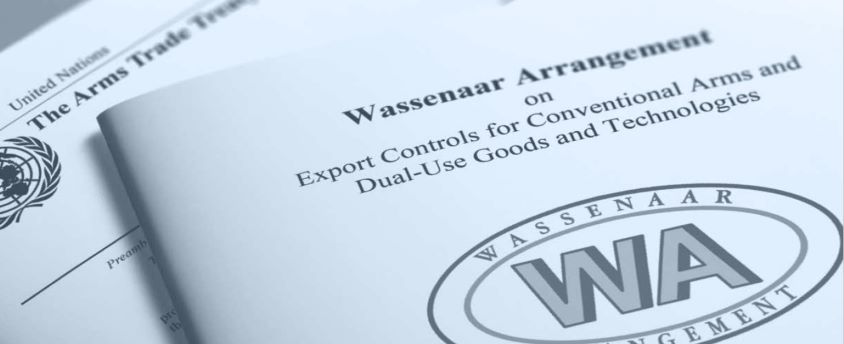India halts Pakistan-bound ship suspected of carrying CNC machines from China

- 04 Mar 2024
Why is it in the News?
Recently, Indian security agencies have intercepted a Pakistan-bound ship from China at Mumbai's Nhava Sheva port.
What are CNC Machines and Wassenaar Arrangements?
- CNC machines are controlled by a computer and offer efficiency, consistency, and accuracy not possible manually.
- These machines have been included in the Wassenaar Arrangement since 1996.
- This international arms control regime aims to stop the proliferation of equipment with both civilian and military uses, with India being among the 42 member countries exchanging information on transfers of conventional weapons and dual-use goods and technologies.
About the Wassenaar Arrangement:
- The Wassenaar Arrangement is a voluntary export control framework established in July 1996.
- Comprising 42 member nations, it facilitates the exchange of information regarding transfers of conventional weaponry and dual-use goods and technologies.
- Dual-use items possess the capacity for both civilian and military applications.
- The arrangement's secretariat is headquartered in Vienna, Austria.
Membership:
- The arrangement boasts 42 member states, predominantly consisting of NATO and EU nations.
- Members are obligated to report arms transfers and dual-use goods and technology transfers or denials to destinations beyond the arrangement biannually.
- India became a member of the Arrangement in 2017.
Objectives:
- Central to its operation is the continual exchange of technology-related information, encompassing both conventional and nuclear-capable technologies, among member states.
- This information exchange involves the maintenance and refinement of comprehensive lists of materials, technologies, processes, and products deemed militarily significant.
- The primary goal is to regulate the movement of technology, materials, or components to entities or nations that could jeopardize global security and stability.
Wassenaar Arrangement Plenary:
- The WA Plenary is the decision-making and governing body of the Arrangement.
- It is composed of representatives of all Participating States who normally meet once a year, usually in December.
- Chairmanship of the Plenary is subject to annual rotation among Participating States.
- In 2018, the United Kingdom held the Plenary Chair, while Greece assumed the position in 2019.
- Decisions within the Plenary are made through consensus.
